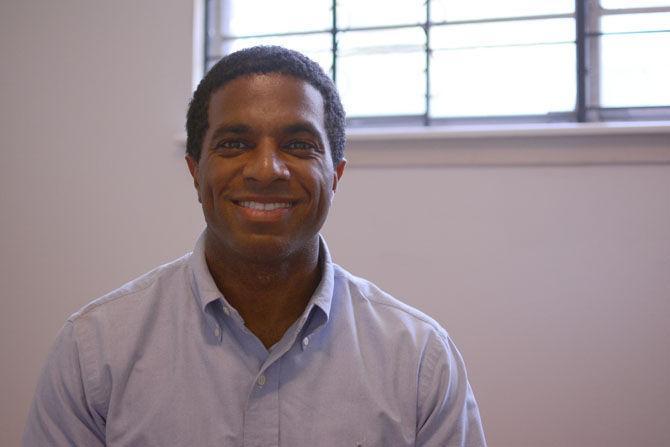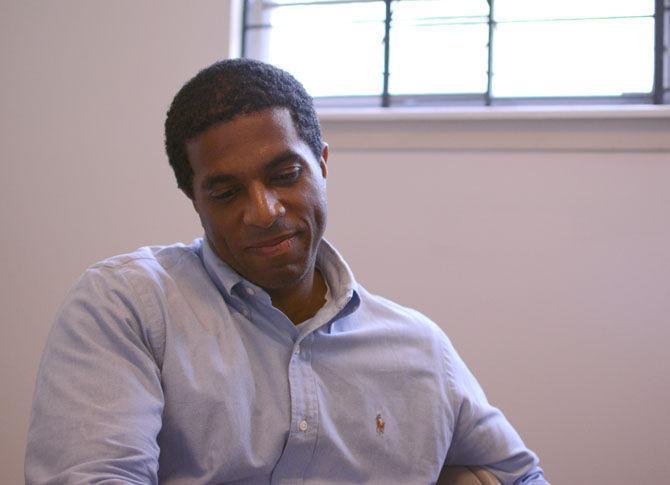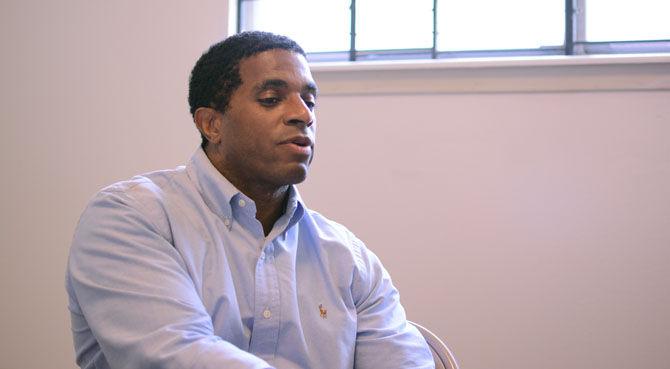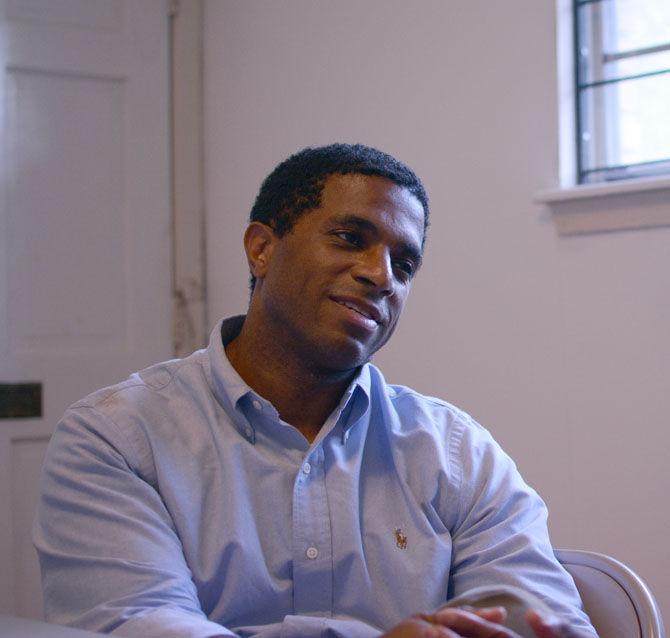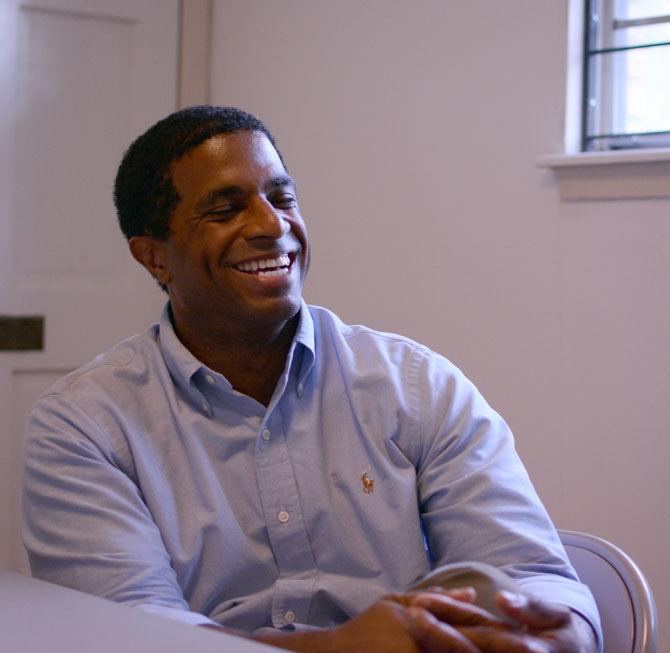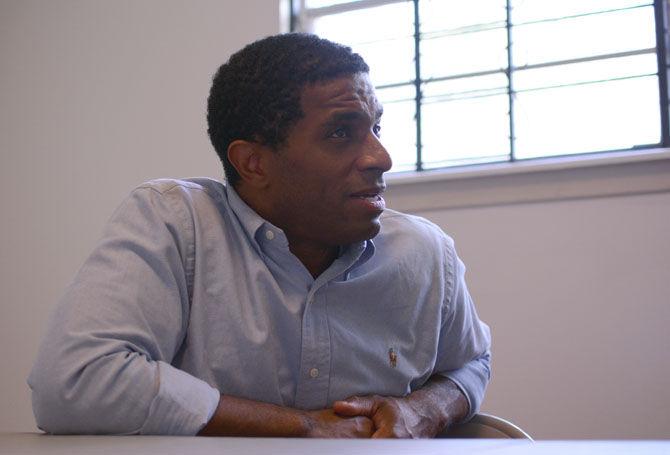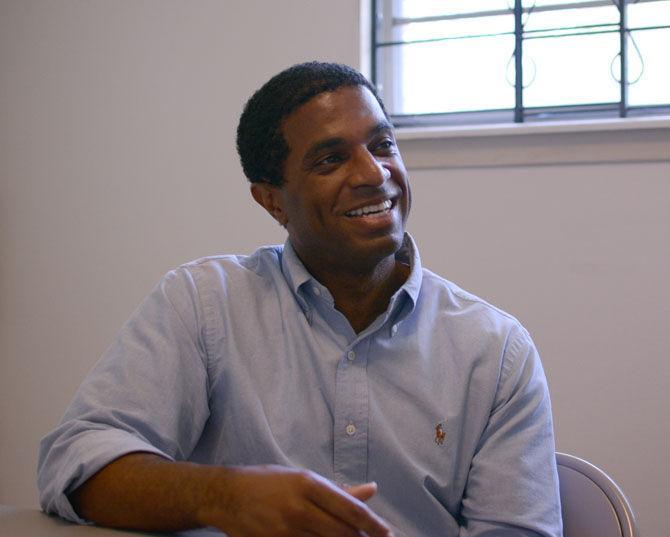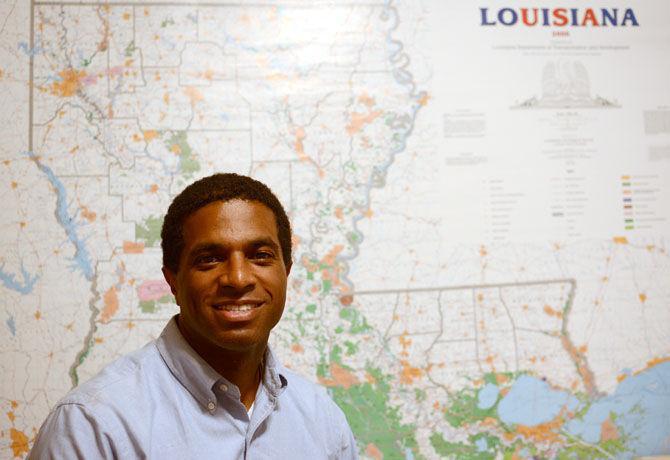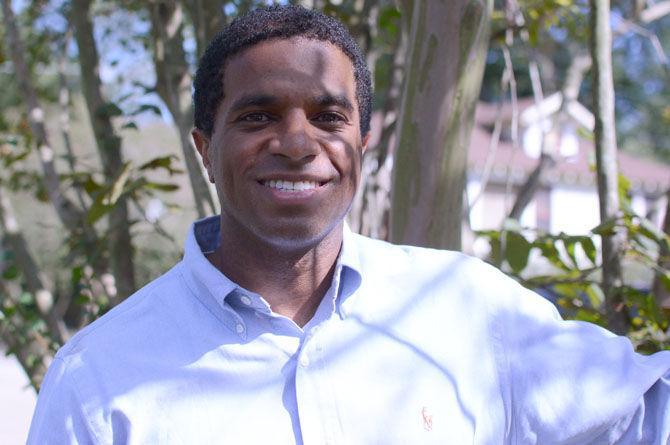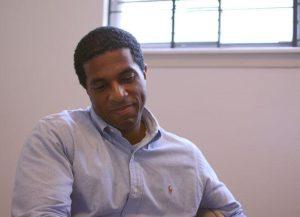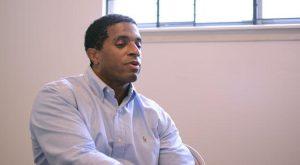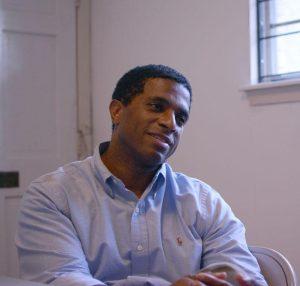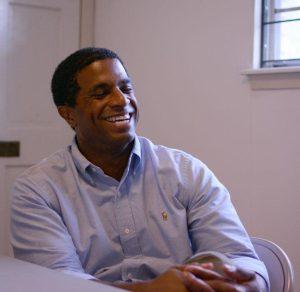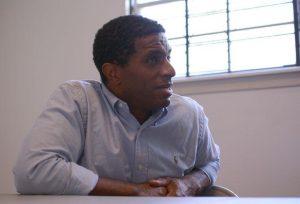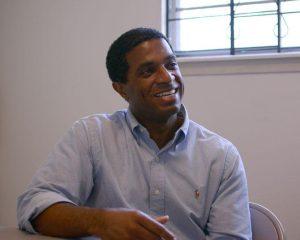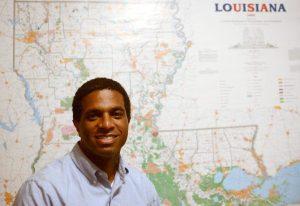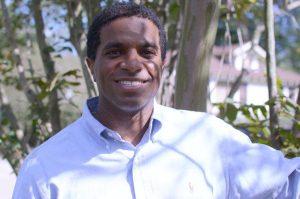In the late ‘80s, Chris Tyson, a young LSU Laboratory School student, could be found roaming the halls of the LSU Paul M. Hebert Law Center, though he was often kicked out and sent back to the high school campus.
In the span of more than 30 years, Tyson has come full circle, gracing the doors of the Law Center as a professor rather than a wandering student and expanding his career beyond the LSU campus into a campaign for Louisiana Secretary of State this fall.
He described the position as the intersection of democracy, economy and culture, touting his past involvement in leadership roles for small business ventures, contributions to political campaigns and mentorship programs as his qualifications.
After spending 12 years away from his home state in pursuit of an undergraduate degree in architecture, master’s degree in public policy and a Juris Doctor, Tyson came back to Louisiana in response to Hurricane Katrina’s devastation, finding work with Sen. Mary Landrieu’s office in Washington D.C. and later returning to the state as an LSU law professor.
“I can’t think of a more powerful experience to draw you back than playing some bit part in the post-Katrina process,” he said. “It really emboldened my desire to come back to Louisiana.”
Tyson joined Landrieu’s campaign one day after Katrina’s landfall, spending 30 hours per week in the office while still enrolled in school.
He also experienced the volatile highs and lows of the dot-com bubble at the turn of the 21st century with an Internet startup.
“I was employee number 17 on January 3rd of 2000,” Tyson said. “By that summer we had 90 employees and by that September we had our first round of layoffs. The rest of us were out of there by October.”
While the startup did not pan out, Tyson said he gained valuable experience pitching to investors like Goldman Sachs and Merrill Lynch.
Tyson said secretary of state isn’t the most glamorous or powerful office, but he highlighted its relationship with business, elections and culture.
“The spirit of the office should be nonpartisan, and I don’t think that’s happening now, and that is a concern of mine,” he said.
Tyson added elections account for 80 percent of the secretary of state’s budget, and the office should help bolster the democratic process by engaging the largest number of voters.
“In being zealously nonpartisan, your job is to maximize everyone’s ability to participate in the democratic process. This is about small “d” democracy. This is about civic engagement,” he said.
Tyson said his policy would include an automatic voter registration program similar to the one spearheaded by Oregon’s program, which would register every state-issued ID holder to vote, unless they opt out.
Tyson entered the political campaign field after five years of teaching “dirt lawyer stuff,” at LSU, including courses in common property law, state and local government and real estate development. He is currently on leave for the semester, dedicating time to the campaign.
“Everyone says that we need to get college people, young people to vote,” Tyson said. “That is partly on people seeking office, and people in the political process to find ways to reach young people and appeal to them.”
LSU law professor seeks Secretary of State office
By Sam Karlin
September 15, 2015
LSU Associate Professor of Law and Lousiana Secretary of State candidate in his headquarters on Tuesday, Sept. 15, 2015 in Downtown Baton Rouge.
More to Discover


